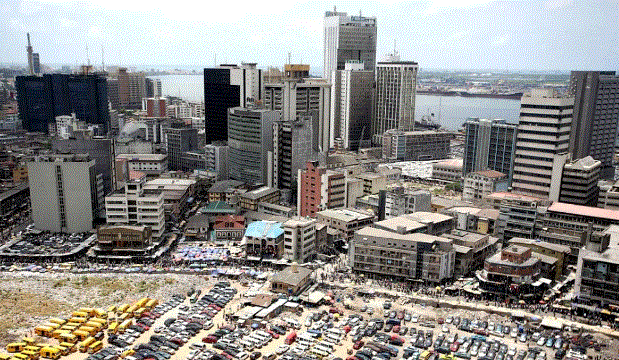For the first time in 19 months, Nigeria’s inflation rate eased, reflecting the impact of a high statistical base from the previous year. According to the National Bureau of Statistics (NBS), headline inflation moderated by 80 basis points to 33.40% year-on-year (y/y) in July, down from 34.19% y/y in June.
A detailed analysis reveals that food prices, which have been rising steadily for eighteen consecutive months, saw a significant decline, with food inflation decreasing by 134 basis points to 39.53% y/y. In contrast, core inflation, which excludes volatile items such as food and energy, rose slightly by 6 basis points to 24.47% y/y.
On a month-on-month (m/m) basis, headline inflation also slowed marginally by 3 basis points to 2.28% in July, compared to 2.31% m/m in June. This deceleration was primarily driven by a moderation in food prices.
Looking ahead, analysts anticipate further easing of food inflation, supported by the ongoing green harvest and a reduced exchange rate pass-through on imported food products. However, the outlook for core inflation remains concerning, with expected increases in Premium Motor Spirit (PMS) prices due to supply constraints likely to push core inflation higher. Balancing these factors, forecasts suggest a marginal moderation in headline inflation by 2 basis points to 2.26% m/m in August, translating to a 119 basis points slowdown in the y/y inflation rate to 32.21%.















